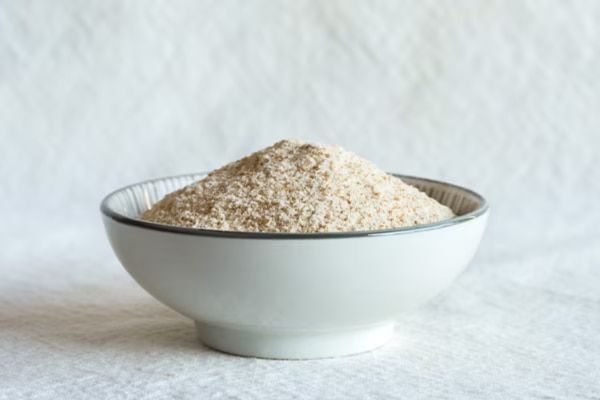FIBRE is essential for the healthy functioning of our bodies in order to keep us healthy. Recommendations are 30 grams per day which can be achieved through three good portions of starch (bread, rice, pasta, noodles, couscous, oats, potatoes, shredded wheat or bran cereals etc) per day.
Just make sure your starch is wholemeal, wholegrain or wholewheat, depending on the product. This combined with five or more portions of fruit and vegetables daily can help you reach your mark.
Some high fibre fruit and vegetables include figs, strawberries, parsnip and broccoli as well as beans and peas. Other high fibre foods which could be added in as snacks or sprinkled over meals include almonds, peanuts, sesame seeds and sunflower seeds.
But what if I don’t eat some of these foods? Well, it’s advised to include these foods within your diet as it’s always a food-first approach. But if some are absent there could be the option of fibre supplements which can be bought in health stores. There are different types of fibre found in food, including soluble fibres like pectins and beta-glucans, insoluble fibres like cellulose, resistant starch and prebiotic fibre.
These fibres help with adding bulk to stools, cholesterol lowering, reducing constipation, gut health and feeding probiotic bacteria in our bodies.
Lee McCusker (BA; MSc; MSc; MSc; ANutr; SENr) is a registered nutritionist from Belfast and can be found on Facebook, Instagram and Twitter. Email: attentivenutrition@
gmail.com









